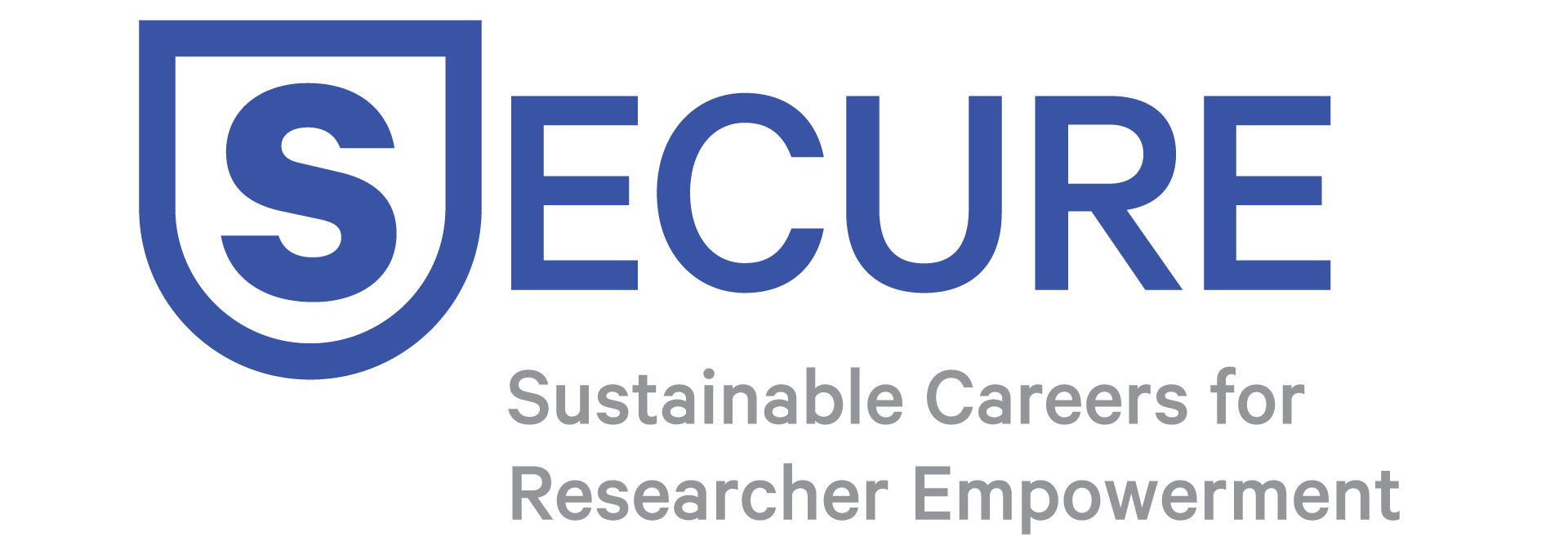In an era of rapid technological advancement, the importance of ethics in research has never been more critical. On November 13, the EUA (European University Association) is hosting an online focus group and gathering insights and feedback from university leaders, researchers, and experts to navigate the ever-evolving landscape of research ethics. This initiative is part of the “Improving Research Ethics Expertise and Competencies to Ensure Reliability and Trust in Science” (iRECS) project.

The Foundation of ethical research practices is undeniably essential for fostering good science. It ensures that the pursuit of knowledge and innovation occurs with a profound sense of responsibility within academic institutions. However, the landscape of research and innovation is in a constant state of flux, primarily due to the rapid advancements in emerging technologies. iRECS project recognizes this evolving terrain and seeks to address the ethical implications of cutting-edge technologies such as artificial intelligence (AI), extended reality, genome editing, and biobanking.
The upcoming focus group will serve as a platform for participants to gain a comprehensive understanding of the iRECS project, its recent developments, and draft recommendations regarding the training needs for research ethics committees concerning these four technologies. The first part of the event will be dedicated to these presentations, equipping participants with the knowledge they need to engage in meaningful discussions.
The core of the event lies in its interactive feedback-gathering session. During this segment, participants will have the opportunity to voice their opinions, share insights, and actively contribute to the formulation of recommendations that will address the ethical challenges posed by AI, extended reality, genome editing, and biobanking. This open and participatory approach ensures that a wide range of perspectives and expertise is taken into account.
The invitation has been extended to a diverse group of stakeholders, including university leaders, directors of research and innovation offices, members and chairs of research ethics committees, directors of doctoral schools, research ethics, integrity officers, research managers, open science delegates, and researchers. This inclusive approach aims to ensure that the insights and feedback gathered are representative of different geographical regions, institutional profiles, and professional backgrounds.

The significance of this initiative lies in its potential to shape the future of research ethics in an age of transformative technological change. By engaging with stakeholders across academia, the project consortium is working to create a framework that promotes ethical governance and ensures that the pursuit of knowledge and innovation remains responsible and trustworthy.
The iRECS project is not just a reflection of the academic community’s commitment to upholding ethical standards in research but also a testament to the adaptability and responsiveness required to address the challenges of the modern age. As technology advances at an unprecedented pace, it is taking a proactive approach to ensure that research ethics evolve with these changes.
In an ever-changing world, the iRECS project serves as a beacon, guiding academia toward a future where ethical considerations remain at the forefront of every scientific endeavor, ensuring that the pursuit of knowledge is both responsible and reliable.
To get the insight into the program or register for the online focus group New Technologies and Training Needs for Research Ethics Committees, follow the link.



